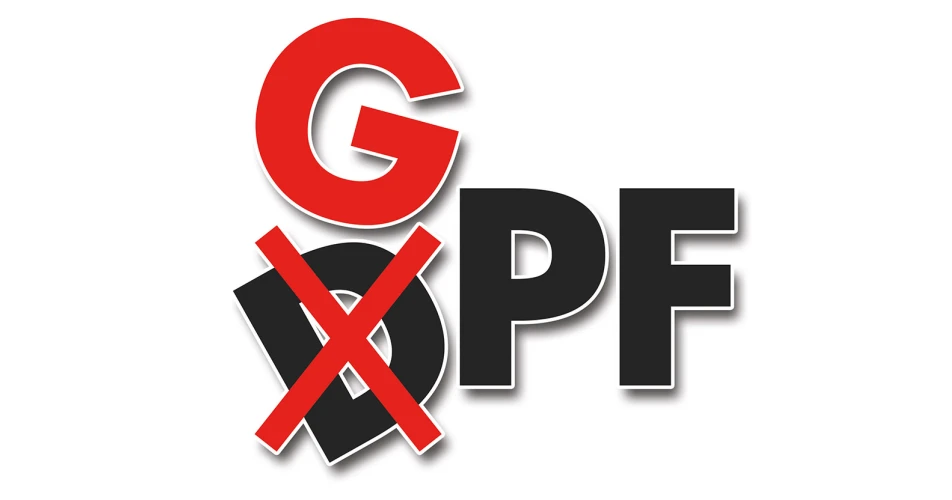The cars we drive today are not so much the result of true technological development, or even the pressures of customer demand, but are mostly the result of emissions regulations.
In Europe, the latest Euro VI raft of regulations are now being applied by carmakers in a drive to make vehicles more efficient and reduce harmful emissions. But as Steve Carter of eXponentia explained at the recent Mechanex show in Sandown, this is far from the end of the story.
The present regulations that apply as of 2014 are actually Euro VI b. A new set of requirements is now firmly on the horizon in the shape of Euro VI c in 2017 and Euro VII is not so very far away in 2020. Both will mean big changes to the type of technology filtering through into the aftermarket.
CO2 was the initial concern of Euro emission regulations and huge strides have been made in its reduction with more still to come. Recently the emphasis has been on NOx emission levels. The required reduction in NOx gases, means expensive changes to exhaust systems are required for new models and this is likely to make diesel power uneconomical for small and medium sized cars, something that will impact on the market within a few years.
The 2017 regulations will place greater emphasis on tiny particles emitted in exhaust gases. Air pollution is now the world’s biggest killer, while also causing many other health issues and one of the many concerns now is minute particles call PM1s and PM2s. These are so small the human body has no effective defence against them as they can penetrate skin. They are also classified as class 1 carcinogenic, which means they are as dangerous as asbestos. It is therefore understandable that the EU would like to minimise their emission from vehicles.
The targets set for car engines that come into force in 2017 aim to reduce the number of particles car exhausts emit as well as a further reduction in CO2. This will effectively mean cars having to achieve an average 60mpg (25kpl). There are several big implications to this. Firstly, the only way to achieve the target particle reduction in a petrol car is effectively to have a particulate filter. GPF’s (Gasoline Particulate Filters) will do the same job as a DPF on a diesel, although the different properties of petrol should mean they are prone to fewer problems, due to ineffective regeneration.
To achieve the improved fuel performance car makers will place more emphasis on technologies such as energy recovery systems, ultra capacitors and hybrid turbo systems. It will also mean that post 2017, cars being bought will be a wider mix of direct petrol injection, hybrid and electric cars with diesel becoming restricted to mainly larger cars and commercials.
The longer term worry for car manufacturers is not so much getting to grips with Euro VI c regulations. These will mean big changes such as the introduction of GPFs, but can be largely tackled within the parameters of existing technology. It is the prospect of Euro VII in 2020 that will set an even bigger challenge. This will effectively mean the average new car engine must achieve 80 mpg (34kpl) and this will mean the introduction of even more sophisticated systems, that right now probably haven’t even made it to the drawing board stage.
